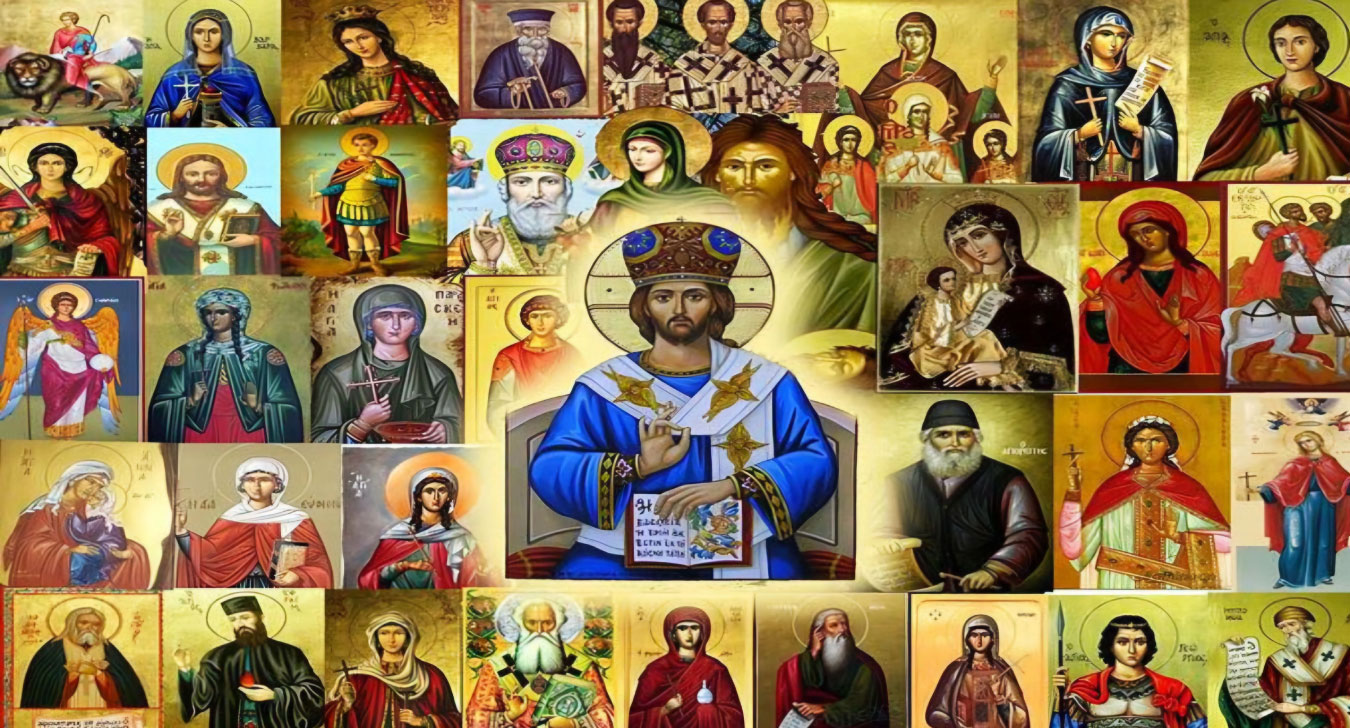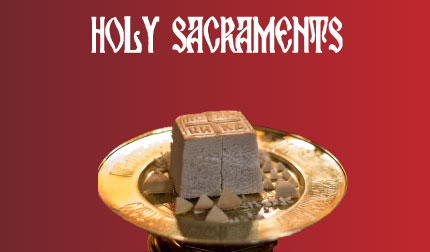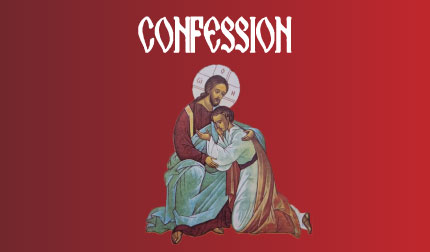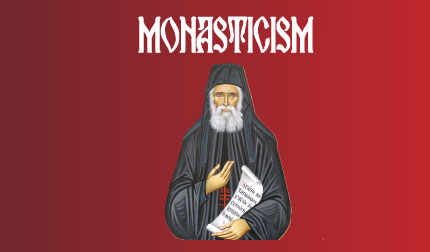Venerating The Saints

Why do we venerate the Saints?
The Role of Orthodox Saints: A Guide for Catechumens
The topic of the Church Saints is always an interesting one for new Converts to the Orthodox Church. While Catholics are accustomed to venerating Saints, Converts coming from a Protestant background usually find this a completely new practice.
When Martin Luther broke away from the Catholic Church in the year 1521, he continued to maintain a traditional catholic reverence for the saints for the church. As his Protestant reformation evolved and eventually moved west his theological perspective shifted and he opted for a practice that is known by the latin term “Sola Scriptura” which translates to Scripture Alone. He had various justifications for this evolution, but, his main concern was making sure his new church maintained its central focus on Jesus Christ.
In the Orthodox tradition we regard the saints as beacons of light illuminating the road laid out by Christ’s disciples. Saints can martyrs, who died protecting the faith, healers, or individuals who have reached “Theosis” (a word we use for becoming united with God through divine grace)
Saints act as models of the divine life exhibiting a to deification for which all Christians strive. In the saints we can see the truth of salvation – not in its abstract idealism, but in its flesh and blood. They reveal the human capacity for communion with God, a capacity renewed and realised in Christ.
As Christians we do not worship the saints, however do ask for their intercessory prayers as we know they perform miracles by virtue of their grace and communion with God.
For example, I have developed a personal admiration for the Cappadocian Fathers—St. Basil the Great, St Gregory of Nazianzus, and St Gregory of Nyssa. You will hear me quote them often in my reflections. These blessed fathers, active in the fourth-century, expelled heresies and spoke of the mysteries of the Trinity with unparalleled clarity. They didn’t merely write doctrine for the church: they had a way of inviting the soul of person to go into the peaks of divine wisdom and join in God’s ineffable love.
In the New Testament we see scriptural support for the veneration of saints.
- In James 5:16 – "The prayer of a righteous person has great power as it is working."
- In Revelation 8:3-4 – "The smoke of the incense, with the prayers of the saints, rose before God from the hand of the angel."
- In Philippians 3:17 – "Brothers, join in imitating me, and keep your eyes on those who walk according to the example you have in us."
- Matthew 10:41 – "The one who receives a prophet because he is a prophet will receive a prophet’s reward."
These and countless other other passages convey the importance God places on following and venerating those who have walked the path of theosis. We even read in Revelation 5:8 – "The twenty-four elders fell down before the Lamb, each holding a harp, and golden bowls full of incense, which are the prayers of the saints." This passage depicts saints in heaven offering prayers, demonstrating their ongoing intercession and involvement in the Church.
Although someone with a Protestant background might be wary of asking saints for prayers, you can be confident this practice has been practiced since the earliest recorded history of the Church..Death does not separate Christians; those who have gone on before us still pray for us, as do we for one another.
Quick Facts
- Founding Year: AD 33
- Place: Jerusalem
- Apostles Present:Peter, James (son of Zebedee), John, Andrew, Philip, Thomas, Bartholomew, Matthew, James (son of Alphaeus), Simon the Zealot, Jude (Thaddeus, son of James), Matthias
- First Bishop: Apostle James
- First Council: Circa AD 50
- Ecumenical Councils: (325–787 AD)
More In-Depth
The Holy Sacraments
In the Orthodox Church, the sacraments — often referred to as the Holy Mysteries — are divine means through which the grace of God is imparted to the faithful. These Mysteries are not simply rituals but encounters with the living Christ, guiding the believer into deeper union with God and participation in the life of the Church.
Holy Confession
Confession is not merely the recounting of sins but a profound return to the embrace of the Father, echoing the journey of the prodigal son. It is an encounter with Christ, who through the priest as His living icon, receives us with compassion, eager to restore the garment of grace.
Monasticism
Monasticism in the Orthodox Church is the path of total dedication to God through prayer, asceticism, and communal or solitary life. It is often described as “angelic life” on earth, where men and women renounce worldly attachments to seek communion with God in purity of heart.





